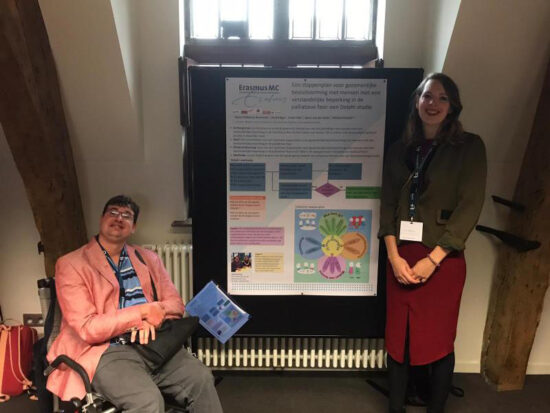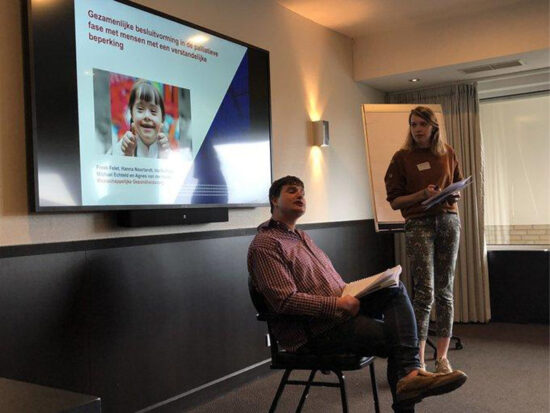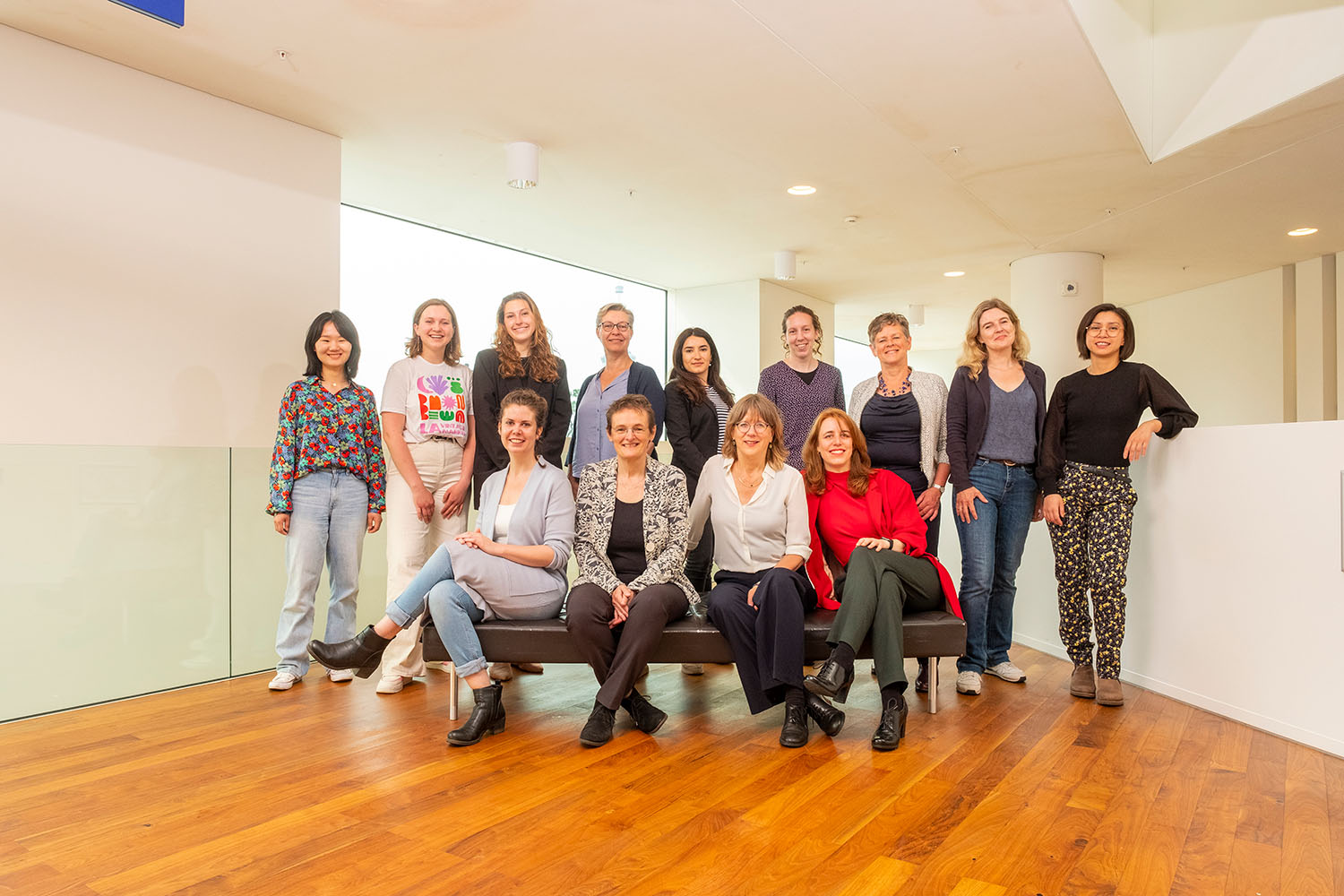Medical Care and Decision Making at the End of Life
Medical care and decision-making in the last phase of life are prominent in both the societal and scientific debate. Contemporary societal issues in end-of-life care include the ageing population with patients dying from chronic deteriorating illnesses such as cancer, organ failure or dementia, the medicalization of dying, and an increasing emphasis on patient engagement and self-determination. Our research projects include quantitative and qualitative studies on the experience of end-of-life care during the COVID-19 pandemic, advance care planning, medication management, volunteer support, collaboration between different health care setting, prognostication and self-management. Many of our studies engage patient representatives to ensure their practical and societal relevance. This worked very well in our study on shared decision making for people with intellectual disabilities We participate in clinical networks dedicated to improve the quality of palliative and end-of-life care at the regional level.
Highlights
Advance care planning in Asian patients
We systematically synthesized published evidence about the perspectives of Asian patients and healthcare professionals, respectively, on advance care planning (ACP), including barriers and facilitators among these groups to engage in ACP. Both reviews informed the development of a consensus recommendation for implementation of ACP in Asia, as the first author is one of the Asian ACP Delphi taskforce members. We received invitations from national (Japanese Society of Palliative Medicine), regional (Asia Pacific Hospice and Palliative Care Network), and international (ACP-international, ACP-Clan) organizations to present the results of our reviews and discuss potential strategies to engage Asians in ACP. Our reviews were featured in medias (Asia Pacific Hospice and Palliative Care Network Newsletters, ACP Link Newsletter). We also received invitations to give lectures based on our reviews to Indonesian scholars (nursing master students, medical students, internal medicine residents). Lastly, our reviews were selected for journal reading during palliative care rotations in the National Taiwan University in Taipei.
SILENCE study
Many dying people experience death rattle, a symptom caused by mucus in the upper airways that cannot be swallowed or coughed out. This symptom is often a burden for the relatives. The SILENCE study was a randomized placebo-controlled trial (RCT) showing that prophylactic administration of scopolamine butyl bromide can reduce the occurrence of death rattle. The study was one of the first RCTs ever conducted with dying patients. Patients were asked to participate in this study upon admission to one of six inpatient hospices. The majority of relatives did not find participation of their dying loved one in this study burdensome. A careful study design, taking into account the sensitivity of conducting research in this vulnerable patient group, can serve as a model for future research to inform evidence-based care for people in the last phase of life.



